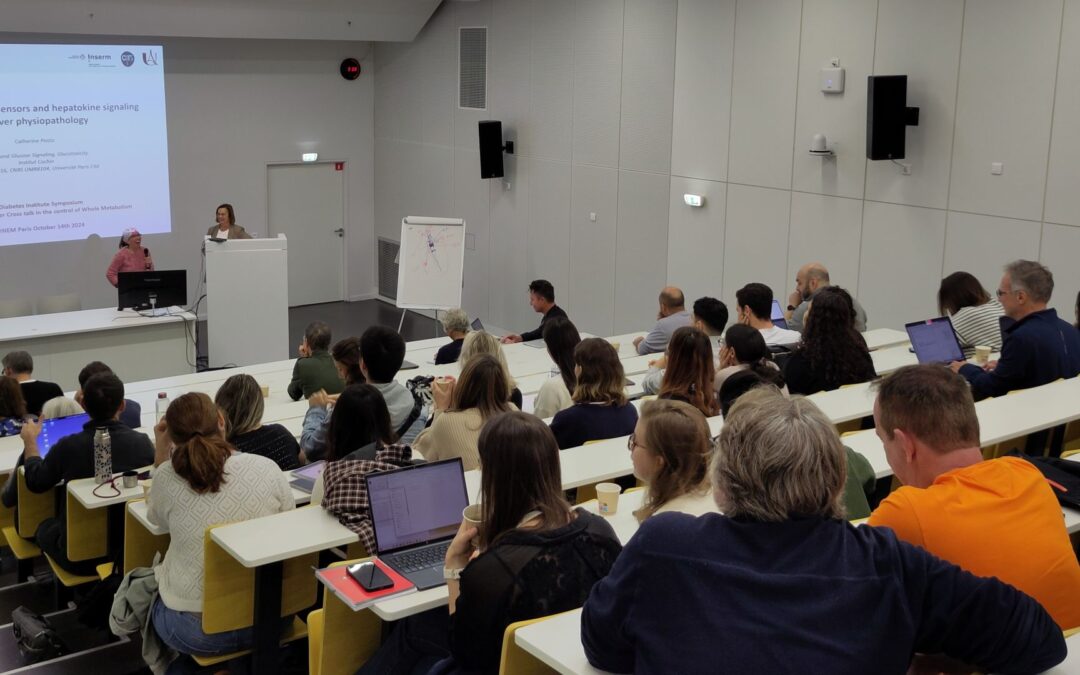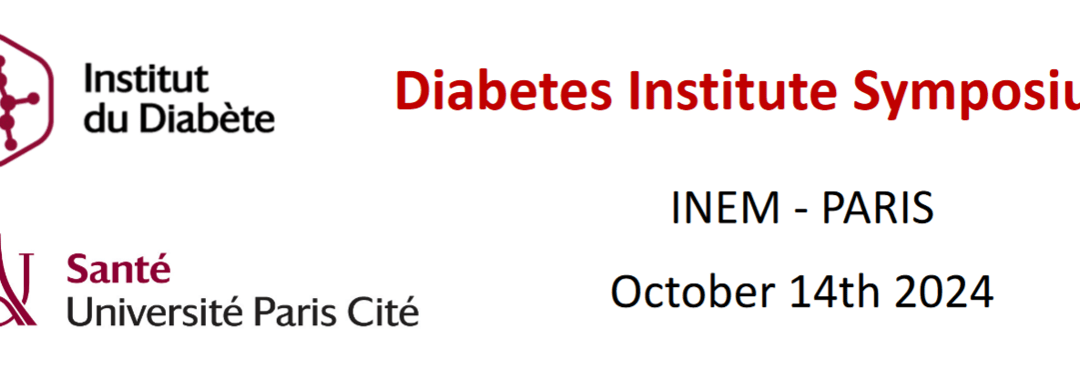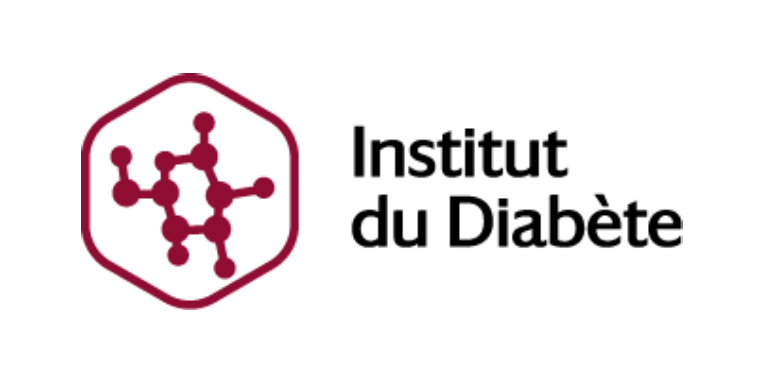
Objective: A common feature of metabolic diseases is their association with chronic low-grade inflammation. While enhanced gut permeability and systemic bacterial endotoxin translocation have been suggested as key players of this metaflammation, the mechanistic bases underlying these features upon the diabesity cascade remain partly understood.
Methods: Here, we show in mice that, independently of obesity, the induction of acute and global insulin resistance and associated hyperglycemia, upon treatment with an insulin receptor (IR) antagonist (S961), elicits gut hyperpermeability without triggering systemic inflammatory response.
Results: Of note, S961-treated diabetic mice display major defects of gut barrier epithelial functions, such as increased epithelial paracellular permeability and impaired cell-cell junction integrity. We also observed in these mice the early onset of a severe gut dysbiosis, as characterized by the bloom of pro-inflammatory Proteobacteria, and the later collapse of Paneth cells antimicrobial defense. Interestingly, S961 treatment discontinuation is sufficient to promptly restore both the gut microbial balance and the intestinal barrier integrity. Moreover, fecal transplant approaches further confirm that S961-mediated dybiosis contributes at least partly to the disruption of the gut selective epithelial permeability upon diabetic states.
Conclusions: Together, our results highlight that insulin signaling is an indispensable gatekeeper of intestinal barrier integrity, acting as a safeguard against microbial imbalance and acute infections by enteropathogens.
More about this article

Post Doctoral Position
Fully funded 2-year Post-doctoral position in the team of Dr. Ralf JOCKERS, at Institute Cochin

2024 Scientific Annual Day of the Diabetes institute
On Monday, October 14th, the annual Diabetes Institute Scientific Day took place, bringing together around 100 participants at the INEM. Opening of the Annual Scientific Day of the Diabetes Institute Maude LE GALL - Co-Director of the institute (left) Catherine POSTIC...

Diabetes Institute scientific day
The overall goal of this Diabetes Institute scientific day is to provide the most important and up-to-date research in the field of metabolism made at University Paris Cité. The workshop will focus on understanding the recent progress in adipose tissue and liver biology including metabolic and inflammatory processes in the control of the energy homeostasis. Special emphasis will be done to highlight the importance of the organ crosstalk and how signaling pathways in one tissue could affect the metabolism in other tissue.

Les jeunes de l’IHM seront à l’EASD
L’IHM Diabète est heureux d’aider les jeunes à participer à l’EASD en leur attribuant une bourse de 1000€
Rendez-vous en Septembre à Madrid !
